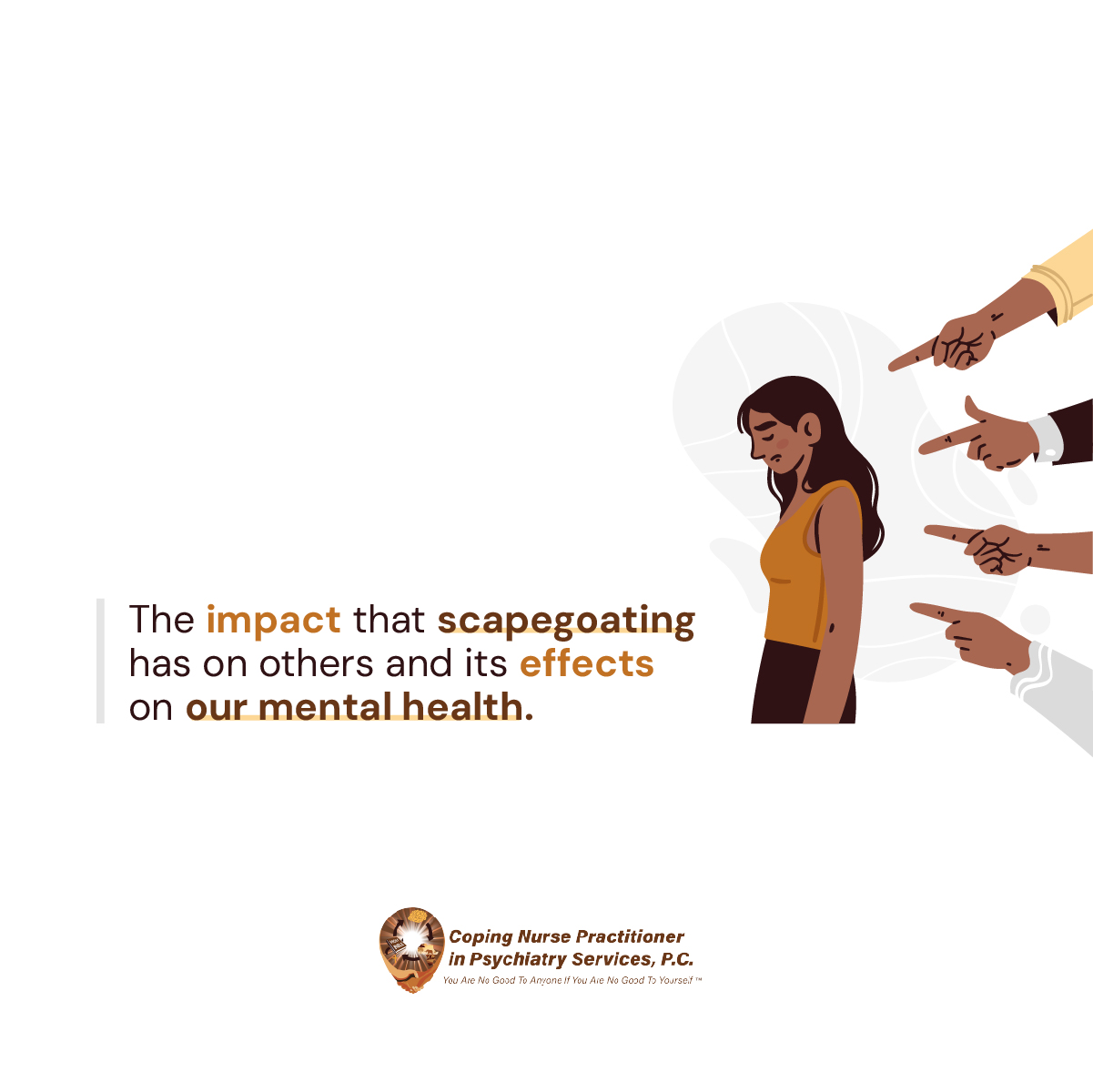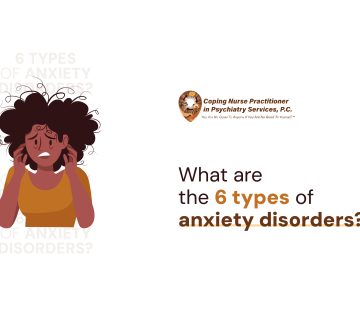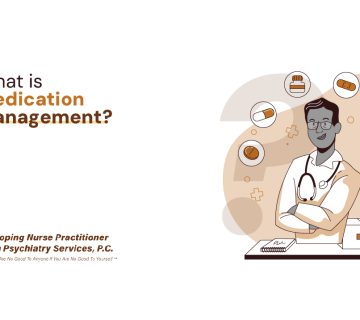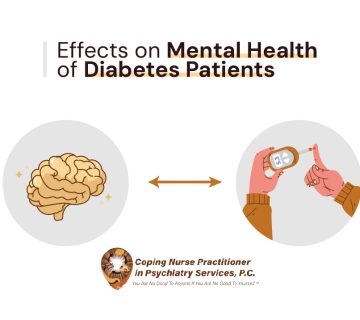Blaming others for one’s mistakes or problems is called scapegoating.
It’s an incredibly toxic behavior that can have harmful and damaging effects on both the person being scapegoated and the person doing the scapegoating.
Scapegoating is common in both personal and professional settings.
The post below will talk about the impact that scapegoating has on others and its effects on our mental health.
We can work to create an empathetic and understanding society for all through knowing the risks of scapegoating.
The Effects of Scapegoating
The consequences of scapegoating are severe; leading to feelings of isolation, shame, and self-doubt, in the targeted person.
Continuous blame and criticism can erode self-esteem contributing to anxiety, depression, and other mental health issues.
Being unfairly labeled as the root of all issues can deeply harm one’s self-esteem. It can also leave deep emotional scars that are difficult to heal from.
Scapegoating in Relationships and Communities
The act of scapegoating can poison relationships — it can create toxic dynamics.
When people are constantly set or pitted against each other, trust is lost, communication breaks down and conflicts intensify.
This could potentially spiral into a toxic cycle of blame and resentment that is hard to get away from.
Sometimes this can even lead to bullying, harassment and other forms of abuse, which only worsens the bad influence on one’s mental health.
The Psychology Behind Scapegoating
It is important to note that scapegoating is normally a ‘defense mechanism’ people use to protect their own ego and avoid taking responsibility for their actions.
People usually resort to scapegoating when they’re afraid to speak up. They do this as a way to cope with their feelings of guilt.
By projecting their insecurities on others, they achieve a false sense of superiority as well as control.
Nonetheless, this behavior perpetuates a cycle of damage which goes far beyond everyone involved.
Combating Scapegoating
To counter the problem of scapegoating, we require an empathy culture where people can relate and be accountable for what they do.
Hence we can avoid scapegoating by promoting an environment of self-reflection as well as urging honesty in all our communications and interactions.
This way, everyone will be encouraged to be kinder to others as they build a society that embraces healthy dynamics, including tackling scapegoating through advocating for openness, honest communication and compassion towards others.
We are all human. We have our own flaws and vulnerabilities, and that we should strive to treat others with the kindness and respect they are entitled to.
Final Note
Scapegoating influences both people and our society.
Let us stop tearing each other down and rather lift one another and try to establish a society where integrity and mental wellness matter most.
As people, we need to be kind to one another and not project toxic behavior onto others.
It begins with each one of us making a conscious effort — the effort to choose kindness over hate and empathy over judgment.
Should we make the effort, we can end the cycle of accusing others and start fostering a warm, welcoming and inclusive community.
Get Support from Dr. Vansiea
If you’re struggling with the damaging and painful effects of scapegoating or dealing with any other mental health concerns, consider getting help from a mental health practitioner.
Dr. Vansiea is a trusted nurse practitioner in this area and provides caring support and mentorship.
She can help you work through your struggles and develop healthy coping mechanisms.
Self-care and healing are important in times like these and getting help is okay.
Dr. Vansiea’s experience and caring approach mean she can be a good fit to offer the help you need.
Don’t hesitate to ask for help at Coping Nurse Practitioner in Psychiatry Services today.




